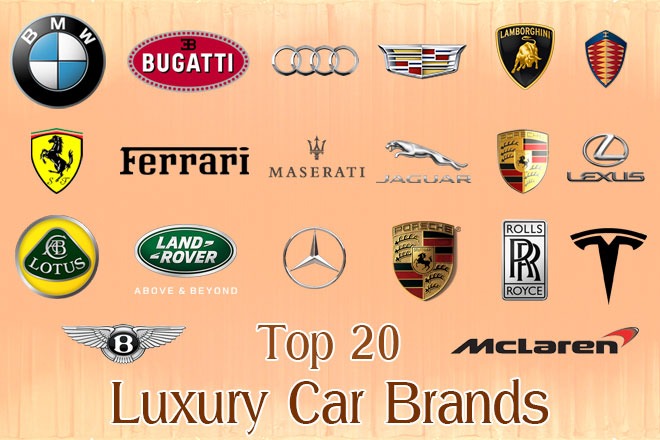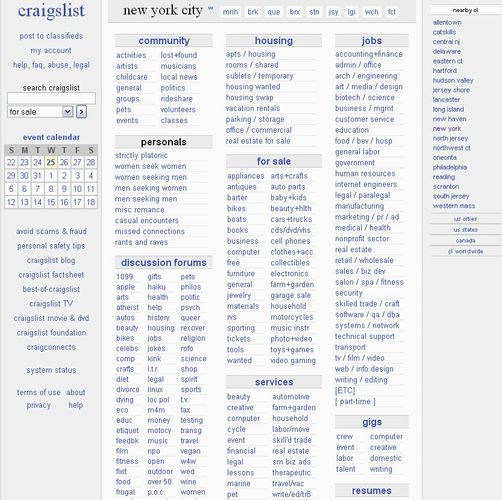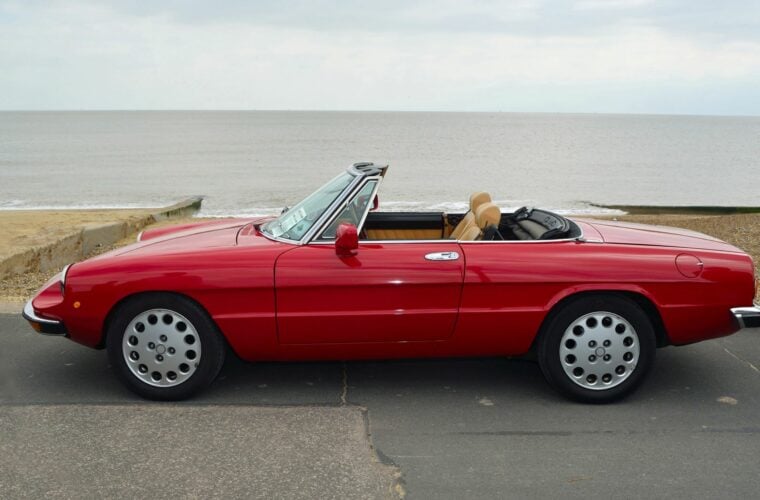Top 20 Luxury Car Brands
Top 20 Luxury Car Brands cars.truckstrend.com
In the sprawling landscape of automotive innovation, a select group of brands stands apart, embodying the pinnacle of design, performance, and opulence. These are the luxury car brands, names synonymous with prestige, meticulous craftsmanship, cutting-edge technology, and an unparalleled driving experience. Far more than just modes of transportation, luxury vehicles are statements of success, taste, and a passion for engineering excellence. They represent the culmination of decades, sometimes centuries, of automotive heritage, pushing boundaries not just in speed and power, but in comfort, connectivity, and bespoke personalization.
This comprehensive guide delves into the elite world of the Top 20 Luxury Car Brands. We will explore what defines automotive luxury, the criteria that elevate these brands to their esteemed positions, and provide a detailed overview of each, offering insights into their unique philosophies and offerings. Whether you’re an aspiring owner, a curious enthusiast, or simply appreciate fine engineering, understanding these brands offers a fascinating glimpse into the automotive industry’s highest echelon.
Top 20 Luxury Car Brands
The Essence of Automotive Luxury
What truly sets a luxury car apart from its premium counterparts? It’s a confluence of factors that transcend mere price tag, creating an experience rather than just a product.
- Exquisite Craftsmanship & Materials: From hand-stitched leather and exotic wood veneers to polished metal accents and carbon fiber composites, luxury cars utilize the finest materials assembled with obsessive attention to detail. Every seam, every surface, every tactile element is designed to evoke a sense of quality and enduring value.
- Cutting-Edge Technology & Innovation: These brands are often at the forefront of automotive innovation, introducing advanced infotainment systems, sophisticated driver-assistance features, groundbreaking powertrain technologies (including electrification), and connectivity solutions long before they become mainstream.
- Unrivaled Performance & Driving Dynamics: While luxury often implies comfort, it rarely sacrifices performance. Many luxury brands offer powerful engines, refined suspensions, and precise steering, delivering exhilarating driving experiences whether on a racetrack or a scenic highway.
- Bespoke Personalization & Exclusivity: The ability to customize a vehicle to an owner’s exact specifications, from unique paint colors and interior trims to specialized performance packages, is a hallmark of luxury. This level of personalization ensures exclusivity and a vehicle that truly reflects the owner’s individuality.
- Brand Heritage & Prestige: Decades of racing victories, royal patronage, and celebrity endorsements have forged an aura of prestige around many luxury marques. This rich history contributes significantly to their allure and perceived value.
- Exceptional Comfort & Serenity: Luxury interiors are sanctuaries of calm, designed to isolate occupants from the outside world. Advanced sound insulation, ergonomically designed seating, climate control systems, and ambient lighting all contribute to an environment of unparalleled comfort and tranquility.
- Superior Service & Ownership Experience: Beyond the vehicle itself, luxury car ownership often comes with white-glove service, dedicated support, and exclusive events, reinforcing the sense of belonging to an elite club.
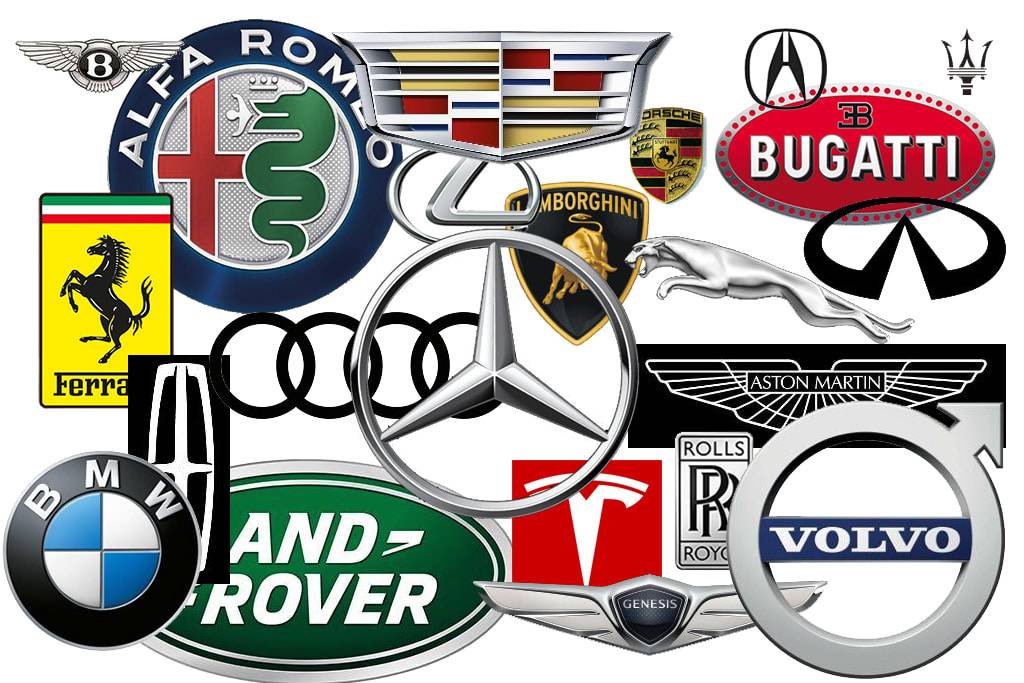
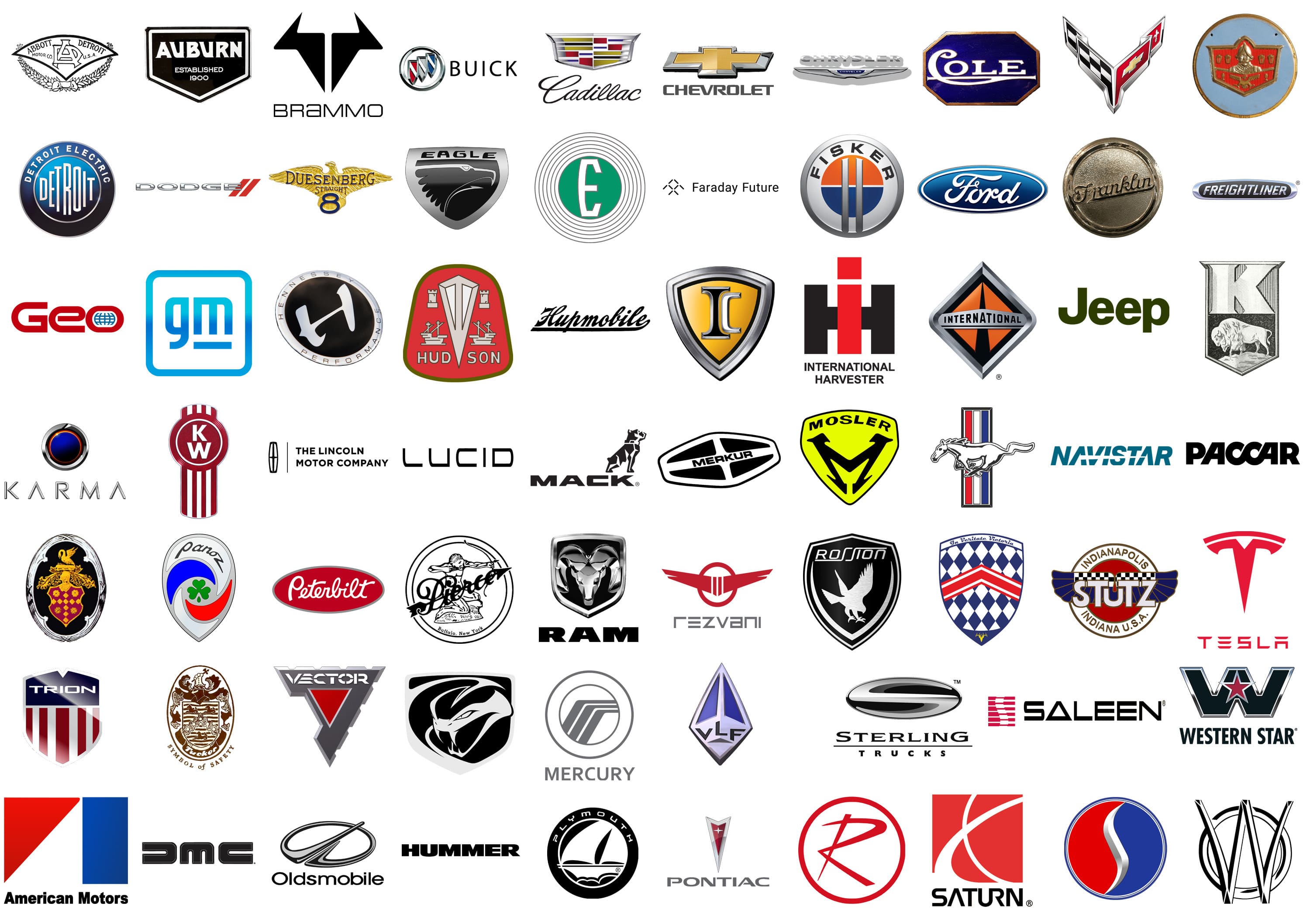
Criteria for Inclusion in the Top 20
Compiling a definitive list of "top" luxury brands involves a degree of subjectivity, but common criteria guide the selection process:
- Brand Prestige and Recognition: The global reputation and historical significance of the brand.
- Market Positioning and Pricing: Brands consistently operating in the high-end segments of the market.
- Innovation and Technology Adoption: Leadership in integrating new technologies, especially in areas like electrification and autonomous driving.
- Quality of Materials and Craftsmanship: The tangible superiority of the vehicle’s construction and finish.
- Performance and Engineering Excellence: The prowess in developing powerful, refined, and engaging vehicles.
- Customer Service and Ownership Experience: The level of support and exclusivity offered to owners.
- Global Presence and Sales Volume (within luxury segments): While exclusivity is key, a certain level of commercial success validates a brand’s reach.
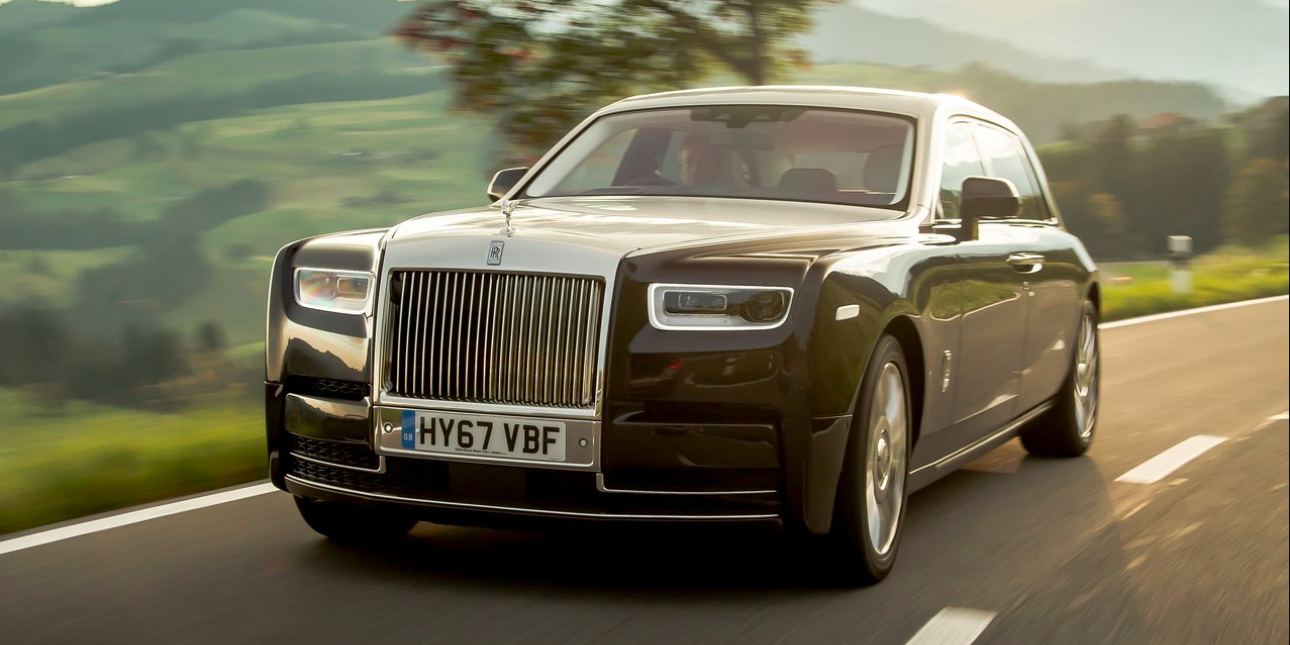
This list aims to represent a diverse spectrum of luxury, from ultra-exclusive marques to high-performance legends and technologically advanced premium brands.
The Top 20 Luxury Car Brands: A Detailed Overview
Here’s our curated list of the world’s leading luxury car brands, each with its unique story and appeal:
- Rolls-Royce (UK): The undisputed monarch of ultra-luxury, Rolls-Royce epitomizes bespoke craftsmanship, serene comfort, and timeless elegance. Known for its "magic carpet ride" and V12 engines, models like the Phantom and Ghost are hand-built masterpieces.
- Bentley (UK): Blending opulent luxury with formidable performance, Bentley offers a more driver-focused experience than Rolls-Royce while maintaining exquisite levels of craftsmanship. The Continental GT and Bentayga SUV are iconic.
- Ferrari (Italy): The quintessential supercar brand, Ferrari represents passion, racing heritage, and breathtaking performance. Its limited production and iconic V8/V12 engines make every model a coveted piece of automotive art.
- Lamborghini (Italy): Known for its dramatic, angular designs and audacious performance, Lamborghini offers an extroverted luxury experience. The Aventador, Huracán, and Urus SUV define aggressive style and raw power.
- Aston Martin (UK): Synonymous with James Bond, Aston Martin offers sophisticated elegance, thrilling performance, and a distinctive British charm. Its grand tourers like the DB11 and Vantage are known for their beautiful lines and engaging drive.
- McLaren (UK): A pure-play supercar manufacturer, McLaren leverages its Formula 1 heritage to produce lightweight, aerodynamically optimized cars focused on ultimate driving performance and precision.
- Porsche (Germany): A master of performance and everyday usability, Porsche delivers thrilling sports cars, powerful SUVs, and luxurious sedans. The 911 is legendary, while the Cayenne and Panamera blend luxury with dynamic capability.
- Mercedes-Benz (Germany): A pioneer in automotive history, Mercedes-Benz offers a vast range of luxury vehicles, from sophisticated sedans (S-Class) and SUVs (G-Wagen) to high-performance AMG models and ultra-luxury Maybach variants, all characterized by refinement and innovation.
- BMW (Germany): Known for its "Ultimate Driving Machine" philosophy, BMW excels in combining luxury with sporty dynamics. Its lineup spans executive sedans (7 Series), versatile SUVs (X7), and high-performance M models, emphasizing driver engagement and cutting-edge technology.
- Audi (Germany): Characterized by sophisticated design, advanced technology (especially Quattro AWD), and impeccable interior quality, Audi offers a contemporary luxury experience. Models like the A8, Q8, and R8 exemplify its blend of elegance and performance.
- Lexus (Japan): Toyota’s luxury arm, Lexus is renowned for its exceptional reliability, serene comfort, quiet cabins, and impeccable build quality. It offers a refined, hassle-free luxury experience with a strong emphasis on customer service.
- Land Rover (UK): Specializing in luxury SUVs, Land Rover (especially its Range Rover sub-brand) combines unparalleled off-road capability with sumptuous interiors and commanding presence. It defines rugged luxury.
- Cadillac (USA): America’s oldest luxury brand, Cadillac is undergoing a renaissance, blending bold design with advanced technology and powerful performance. The Escalade SUV is an icon, while models like the CT5-V Blackwing showcase its performance aspirations.
- Maserati (Italy): With a rich racing heritage and distinctive Italian flair, Maserati offers powerful engines, stylish designs, and a passionate driving experience. Its unique sound and elegant interiors define its character.
- Volvo (Sweden): Emphasizing Scandinavian design, safety innovation, and sustainable practices, Volvo offers a sophisticated and understated luxury experience. Its focus on well-being and intuitive technology sets it apart.
- Genesis (South Korea): Hyundai’s luxury marque, Genesis has rapidly established itself with striking designs, advanced technology, and competitive pricing, offering a compelling alternative to established luxury brands.
- Acura (Japan): Honda’s luxury division, Acura focuses on precision-crafted performance, combining reliability with sporty dynamics and advanced technology, particularly in its SUVs and sedans.
- Infiniti (Japan): Nissan’s luxury brand, Infiniti is known for its distinctive styling, powerful V6 engines, and comfortable, technology-rich interiors, offering a refined driving experience.
- Lincoln (USA): Ford’s luxury division, Lincoln is undergoing a transformation, focusing on "Quiet Flight" design, serene interiors, and advanced technology to deliver a distinctly American luxury experience.
- Polestar (Sweden/China): Born from Volvo, Polestar is a performance electric vehicle brand that redefines modern luxury through minimalist design, sustainable materials, and cutting-edge EV technology. It represents the future of luxury in the electric age.
The Investment: What to Consider When Buying a Luxury Car
Acquiring a luxury car is a significant investment that extends beyond the initial purchase price. Here are key considerations:
- Initial Cost & Depreciation: Luxury cars, especially new ones, come with high price tags. Be aware of depreciation, which can be steep for some models. Researching specific models’ resale values is crucial.
- Maintenance & Running Costs: Expect higher maintenance costs for parts, specialized labor, and advanced diagnostic equipment. Insurance premiums will also be significantly higher. Factor in fuel efficiency (or charging costs for EVs) as well.
- Customization vs. Standard Features: While personalization is a draw, it adds to the cost. Decide what bespoke elements are essential versus what standard features suffice.
- New vs. Pre-Owned: Buying pre-owned can offer significant savings, allowing access to higher-tier models for a fraction of their original price. However, ensure a thorough inspection and understand the vehicle’s service history. Certified Pre-Owned (CPO) programs from luxury brands offer peace of mind.
- Test Drive & Research: Always test drive multiple models to find the one that best suits your driving style and needs. Research reliability ratings, common issues, and owner reviews.
- Service Network: Ensure the brand has a convenient and reputable service network in your area. The luxury ownership experience often hinges on excellent after-sales support.
The Future of Luxury Automobiles
The luxury automotive landscape is rapidly evolving, driven by several key trends:
- Electrification: The shift to electric vehicles (EVs) is undeniable. Luxury brands are leading the charge, developing high-performance, long-range EVs that offer silent power, instant torque, and sustainable luxury.
- Autonomous Driving & Advanced Safety: While full autonomy is still some way off, luxury vehicles are at the forefront of integrating advanced driver-assistance systems (ADAS) and semi-autonomous features, enhancing safety and convenience.
- Hyper-Personalization: Beyond traditional options, future luxury will involve even deeper levels of customization, leveraging 3D printing and advanced manufacturing to create truly unique vehicles for each owner.
- Digital Integration & Connectivity: Seamless integration with smart devices, over-the-air updates, and sophisticated infotainment systems will become even more central to the luxury experience.
- Sustainability & Ethical Sourcing: Growing consumer awareness is pushing brands to use more sustainable materials, reduce their carbon footprint, and ensure ethical sourcing throughout their supply chains.
- Subscription Models & Mobility Services: Some luxury brands are exploring alternatives to traditional ownership, such as subscription services or on-demand luxury mobility solutions.
Top 20 Luxury Car Brands: Price Range Table
Please note that the "Starting Price Range" is highly generalized and represents the entry-level for a brand’s luxury offerings. Prices can vary wildly based on specific models, trims, options, regional taxes, and market conditions. Ultra-luxury models from brands like Rolls-Royce or Ferrari can easily exceed $500,000 to well over $1,000,000+.
| Rank | Brand | Origin | Key Differentiator / Focus | Estimated Starting Price Range (USD) |
|---|---|---|---|---|
| 1 | Rolls-Royce | UK | Ultimate bespoke luxury, serene comfort, timeless elegance | $350,000 – $500,000+ |
| 2 | Bentley | UK | Opulent luxury, powerful performance, grand touring | $200,000 – $300,000+ |
| 3 | Ferrari | Italy | Iconic performance, racing heritage, V8/V12 engines | $250,000 – $400,000+ |
| 4 | Lamborghini | Italy | Aggressive design, extreme performance, audacious style | $200,000 – $350,000+ |
| 5 | Aston Martin | UK | Elegant design, thrilling performance, British charm | $150,000 – $250,000+ |
| 6 | McLaren | UK | Pure supercar performance, F1 technology, lightweight | $200,000 – $350,000+ |
| 7 | Porsche | Germany | Performance & everyday usability, iconic sports cars | $60,000 – $120,000+ |
| 8 | Mercedes-Benz | Germany | Refinement, innovation, broad luxury range (incl. AMG/Maybach) | $50,000 – $100,000+ |
| 9 | BMW | Germany | Driving dynamics, sportiness, advanced technology | $45,000 – $90,000+ |
| 10 | Audi | Germany | Sophisticated design, technology, Quattro AWD | $40,000 – $80,000+ |
| 11 | Lexus | Japan | Reliability, serene comfort, impeccable build quality | $40,000 – $70,000+ |
| 12 | Land Rover | UK | Luxury SUVs, off-road capability, commanding presence | $50,000 – $100,000+ |
| 13 | Cadillac | USA | Bold design, American luxury, advanced technology | $40,000 – $80,000+ |
| 14 | Maserati | Italy | Italian flair, powerful engines, distinctive sound | $80,000 – $150,000+ |
| 15 | Volvo | Sweden | Scandinavian design, safety, sustainability, comfort | $40,000 – $70,000+ |
| 16 | Genesis | South Korea | Value, bold design, advanced features, competitive pricing | $40,000 – $65,000+ |
| 17 | Acura | Japan | Precision-crafted performance, reliability, sporty dynamics | $40,000 – $60,000+ |
| 18 | Infiniti | Japan | Distinctive styling, powerful engines, comfortable interiors | $40,000 – $60,000+ |
| 19 | Lincoln | USA | "Quiet Flight" design, serene interiors, American luxury | $45,000 – $70,000+ |
| 20 | Polestar | Sweden/China | Performance EVs, minimalist design, sustainability | $50,000 – $75,000+ |
Frequently Asked Questions (FAQ)
Q1: What truly defines a "luxury car" compared to a premium one?
A1: While "premium" often implies higher quality and features than standard vehicles, "luxury" goes beyond that. It encompasses unparalleled craftsmanship, bespoke options, exclusive materials, cutting-edge innovation, superior performance, and an elevated ownership experience (e.g., dedicated concierge services, exclusive events) that justifies a significantly higher price point and a sense of exclusivity.
Q2: Are luxury cars always more expensive to maintain?
A2: Generally, yes. Luxury cars use specialized parts, advanced electronics, and often require highly skilled technicians. Labor rates at luxury dealerships are typically higher, and parts can be more expensive and sometimes harder to source, leading to increased maintenance and repair costs.
Q3: Do luxury cars hold their value well?
A3: It varies significantly by brand and model. Ultra-luxury and limited-edition performance cars (like certain Ferraris or McLarens) can hold or even appreciate in value. However, most mainstream luxury sedans and SUVs tend to depreciate faster than their mass-market counterparts due to their higher initial price and the rapid introduction of new technology.
Q4: Which luxury car brand is best for daily driving?
A4: Brands like Lexus, Mercedes-Benz, BMW, Audi, and Volvo are often considered excellent for daily driving due to their blend of comfort, reliability, advanced technology, and practical features suitable for everyday use, while still offering a luxurious experience.
Q5: Are luxury electric vehicles (EVs) the future?
A5: Absolutely. Many luxury brands are heavily investing in EVs, seeing them as the natural evolution of luxury. EVs offer silent, powerful acceleration, reduced emissions, and the opportunity for new interior designs due to packaging flexibility, all aligning perfectly with luxury values.
Q6: What is the most expensive luxury car brand?
A6: Rolls-Royce generally holds the title for the most expensive production luxury cars, with models regularly starting well over $300,000 and custom commissions pushing prices into the millions. Brands like Bugatti (not on this list as they are hypercar exclusive, not luxury brand per se) also command extraordinary prices.
Conclusion
The world of luxury automobiles is a captivating realm where engineering prowess meets artistic expression. The Top 20 Luxury Car Brands represent the pinnacle of automotive achievement, each with a distinct philosophy, heritage, and approach to opulence. From the serene sophistication of a Rolls-Royce to the thrilling performance of a Ferrari, and the technological foresight of a Polestar, these brands continue to push the boundaries of what a car can be.
Owning a luxury vehicle is more than just a purchase; it’s an investment in a lifestyle, a statement of personal taste, and an appreciation for the finest things in life. As the industry evolves, driven by electrification and digital innovation, these iconic brands will undoubtedly continue to define the future of mobility, offering unparalleled experiences that combine heritage with cutting-edge advancements. Whether admired from afar or experienced from behind the wheel, the allure of these automotive masterpieces remains timeless.

